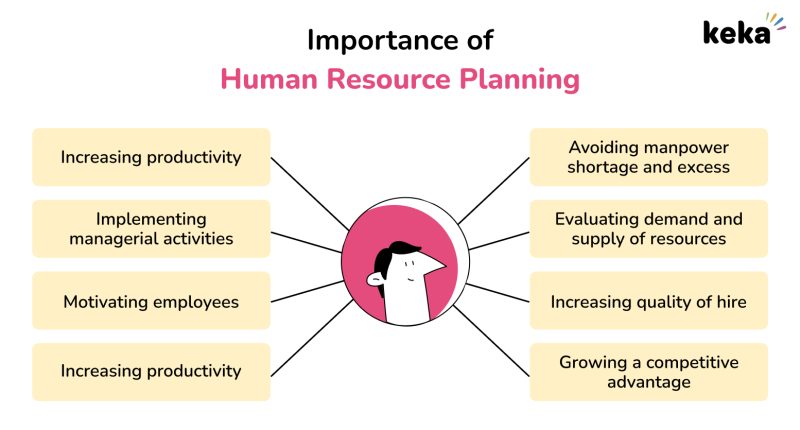What role does public diplomacy play in shaping the business environment in a foreign country
Public diplomacy plays a crucial role in shaping the business environment in a foreign country by influencing the perceptions, attitudes, and behaviors of local populations, governments, and other stakeholders toward foreign businesses. Here’s how public diplomacy shapes the business environment:
1. Building Trust and Goodwill
- Positive Image Creation: Public diplomacy efforts help foreign businesses cultivate a positive image in the host country by engaging in activities that resonate with local values and culture. This builds trust and goodwill, making it easier for businesses to establish and maintain operations.
- Community Engagement: Through initiatives like cultural exchanges, educational programs, and corporate social responsibility (CSR) efforts, businesses can demonstrate their commitment to the local community, fostering a favorable environment for business activities.
2. Influencing Public Perception
- Media and Communication Strategies: Public diplomacy often involves strategic communication through local media, public relations campaigns, and social media platforms. These efforts can shape how the public perceives foreign businesses, potentially leading to greater consumer acceptance and brand loyalty.
- Cultural Diplomacy: By participating in or sponsoring cultural events, foreign businesses can align themselves with the host country’s cultural values, making them more relatable and acceptable to the local population.
3. Facilitating Regulatory and Policy Support
- Government Relations: Effective public diplomacy can improve relationships with local governments, leading to more favorable regulatory conditions. When a foreign business is viewed positively due to its public diplomacy efforts, it is more likely to receive support from local authorities, including favorable policy decisions, tax incentives, and easier regulatory approvals.
- Advocacy for Business Interests: Public diplomacy can help businesses advocate for policies that support a favorable business environment. By engaging in dialogue with policymakers and aligning their interests with those of the host country, businesses can influence regulations that benefit their operations.
4. Mitigating Risks and Conflicts
- Crisis Management: In the event of a crisis or conflict, effective public diplomacy can help mitigate negative impacts on the business environment. By communicating transparently and showing a commitment to resolving issues, businesses can maintain their reputation and avoid long-term damage.
- Conflict Resolution: Public diplomacy can also play a role in resolving conflicts between foreign businesses and local stakeholders by facilitating dialogue and understanding. This can prevent disputes from escalating and ensure a stable business environment.
5. Enhancing Market Access
- Cultural and Economic Integration: Public diplomacy efforts that emphasize cultural understanding and economic cooperation can smooth the entry of foreign businesses into new markets. By aligning business practices with local norms and demonstrating respect for local customs, companies can overcome barriers to market access.
- Promoting Free Trade and Investment: Public diplomacy can also influence broader economic policies, such as trade agreements and investment treaties, which shape the business environment. By advocating for open markets and favorable trade conditions, public diplomacy can create opportunities for businesses to expand their operations.
6. Strengthening Relationships with Local Partners
- Partnership Development: Public diplomacy fosters relationships with local businesses, NGOs, and other stakeholders, which can lead to strategic partnerships and collaborations. These relationships are crucial for navigating the local business environment and enhancing operational success.
- Supply Chain Stability: By building strong, trust-based relationships through public diplomacy, foreign businesses can ensure more stable and reliable supply chains, reducing the risk of disruptions.
7. Promoting Innovation and Knowledge Transfer
- Educational and Technological Initiatives: Public diplomacy often involves initiatives that promote education, training, and technology transfer. These efforts can enhance the skills of the local workforce, making it easier for businesses to operate and innovate in the host country.
- Knowledge Sharing: Public diplomacy programs that focus on sharing expertise and best practices can help create a more informed and skilled business environment, benefiting both the host country and the foreign businesses operating there.
8. Improving Corporate Social Responsibility (CSR) Perception
- Ethical Business Practices: Through public diplomacy, businesses can promote their commitment to ethical practices, sustainability, and social responsibility. This can enhance their reputation and make them more attractive to local consumers, employees, and partners.
- Local Impact: By aligning CSR initiatives with the priorities of the host country, such as environmental conservation or social equity, businesses can contribute positively to the community, reinforcing a supportive business environment.
9. Shaping Local Consumer Behavior
- Branding and Messaging: Public diplomacy allows businesses to tailor their branding and messaging to resonate with local values and preferences, influencing consumer behavior in favor of their products or services.
- Consumer Trust: By demonstrating a commitment to local communities and values, businesses can build consumer trust, leading to increased brand loyalty and market share.
10. Long-term Market Stability
- Sustained Engagement: Ongoing public diplomacy efforts contribute to long-term stability in the business environment by maintaining positive relationships and addressing potential issues proactively. This reduces uncertainty and creates a more predictable operating environment for businesses.
- Resilience to Political Changes: Public diplomacy can help businesses navigate political changes by maintaining strong ties with a broad range of stakeholders, ensuring continuity even in times of political transition.
In summary, public diplomacy plays a vital role in shaping a supportive and stable business environment in foreign countries. By fostering positive relationships, influencing public perception, and aligning with local values and policies, businesses can enhance their operations and achieve long-term success in international markets.






